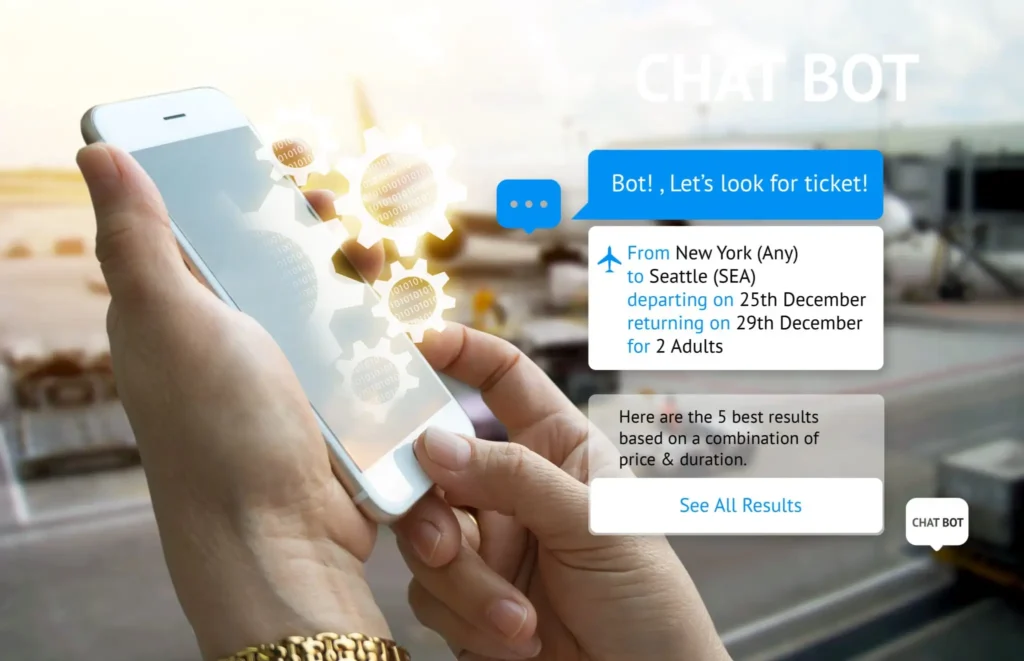Is AI set to go mainstream in the travel industry?

It all started with online flight bookings. Next came online travel agents. The rise of smartphones made checking into hotels much easier, and now it’s not unusual for a chat bot to answer booking queries.
Advancements in AI are revolutionising industries as we speak – and travel and hospitality companies are riding this wave, embedding AI technology into their search and booking platforms to improve customer service and engagement.
After all, the vast amount of data that travel companies hold – such as traveller profiles, destination and airline preferences – makes this industry highly-suited to AI. Many travel companies are already using AI to build relationships with travellers throughout their travel experiences. Just last year, Hilton Worldwide launched its “Connie” robot, while the co-founder of fare aggregator Kayak, Paul English, released the “Lola” app, a personal travel service for hotels and flights, with a live staff of travel agents. These superhuman consultants apparently have the edge over their human counterparts – able to handle more trips per hour and make better recommendations than normal travel agents.
However, the rise of AI in the travel industry has happened over a period of years. Are we set to see a sudden big shift in the way we travel? Moving from place to place can be stressful and travellers are always keen to remove stress during a trip; but are they ready for the full AI experience?
Teething problems
As with every large cultural change, there will be initial problems. While some travel experts expect the first autonomous cargo flights to start within several years, it’s hard to envisage people taking this up until self-driving cars become a regular site on motorways (and we’re not even close to this yet).
Plus, believe it or not, almost a fifth of British people booked a holiday in a travel store in 2016 – it seems that the human touch is still valued! There have also been plenty of complaints about Chatbots – they’re pretty frustrating for people looking for nuanced answers, and of course the personal experiences of destination experts are still highly regarded.
There’s also the question of trust. Governments could start catching up with computer-based intelligence. Travel companies need to be very careful to avoid breaching customers’ privacy when they gather data – both EU and US regulators are on the lookout for AI-created price fixing.
As well as this, in many countries labour is cheap so there’s no incentive for owners and operators to invest, and the technological infrastructure isn’t well developed enough to prevent serious problems.
On the other hand…
From the point of view of travel brands in the West and other developed countries, AI offers big incentives to seriously cut costs, as well as provide tailored experiences for customers.
At the luxury end of the market, a waitor at a top-end hotel could use data to predict what drinks and food guests like and make specific recommendations. Itineraries could be unique to cater to each person’s preference. There are huge opportunities for brands to stand out and develop their USPs.
It’s evident that AI is in its infancy; but there are an abundance of options that brands can explore in order to entice travellers. AI will simplify complicated travel decisions, make buying processes quick and easy; as well as free up human agents to offer more value.
There’s surely a long way to go before AI becomes an integral part of travel. But both consumers and brands alike are likely to benefit from this revolutionary shift in the way we experience travel. The rise of the machines is imminent.